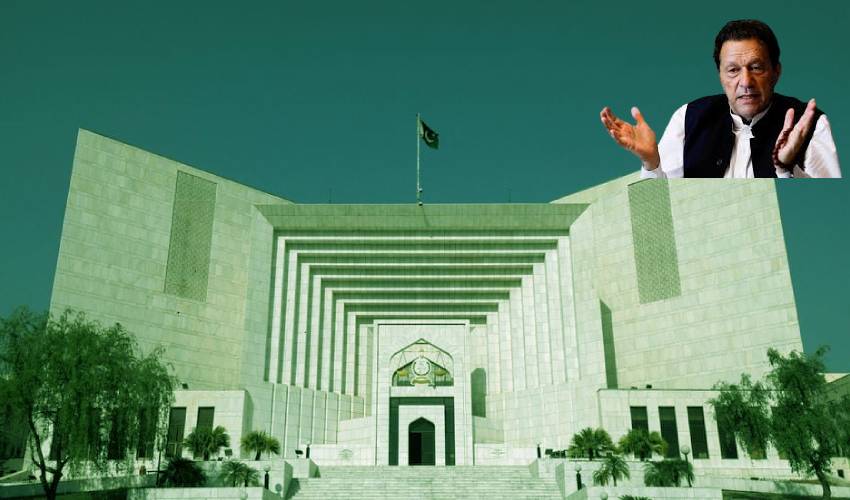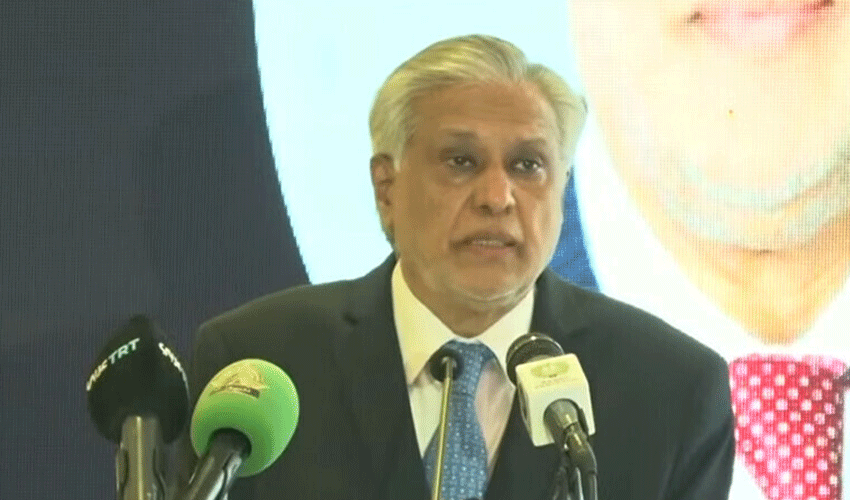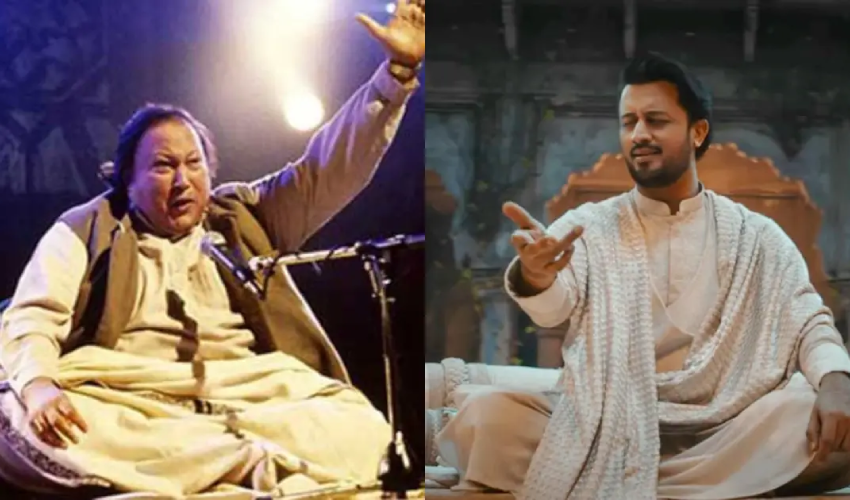The Supreme Court of Pakistan released its detailed verdict on the Pakistan Tehreek-e-Insaf (PTI) chief’s petition that suspended the National Accountability Ordinance amendments.
It is pertinent to note that after the NAB amendments were declared null and void, over 400 cases against political and bureaucratic big guns have been restored including former president Asif Ali Zardari, six former prime ministers, MPs, and bureaucrats.
Syed Mansoor Ali Shah Dissenting Note
‘I have read the judgment authored by the Hon’ble Chief Justice of Pakistan to which my learned brother Justice Ijaz ul Ahsan has concurred (“majority judgment”) provided to me last night. With great respect, I could not make myself agree to it.’
Due to the paucity of time, I cannot fully record reasons for my dissent and leave it for my detailed opinion to be recorded later. However, in view of the respect that I have for my learned colleagues and for their opinions, I want to explain, though briefly, why I am unable to agree with them.
In my humble opinion, the primary question in this case is not about the alleged lopsided amendments introduced in the NAB law by the Parliament but about the paramountcy of the Parliament, a house of the chosen representatives of about 240 million people of Pakistan. It is about the constitutional importance of parliamentary democracy and the separation of powers between three organs of the State. It is about the limits of the jurisdiction of the Court comprising unelected judges, second judging the purpose and policy of an enactment passed by the Parliament, without any clear violation beyond a reasonable doubt, of any of the fundamental rights guaranteed under the Constitution or of any other constitutional provision.
The majority judgment has fallen short, in my humble opinion, to recognize the constitutional command that 'the State shall exercise its power and authority through the chosen representatives of the people' and to recognize the principle of trichotomy of powers, which is the foundation of parliamentary democracy.
The majority has fallen prey to the unconstitutional objective of a parliamentarian, of transferring a political debate on the purpose and policy of an enactment from the Houses of the Parliament to the courthouse of the Supreme Court.
Without setting out a clear and objective test for determining how the claimed right to have accountability of the parliamentarians is an integral part of any of the fundamental rights guaranteed under the Constitution, the majority judgment through a long winding conjectural path of far-fetched “in turn” effects has tried hard to “ultimately” reach an apprehended violation of the fundamental rights.
The majority judgment has also fallen short to appreciate Const.P.21/2022 etc. 57 that what Parliament has done, Parliament can undo; the legislative power of the Parliament is never exhausted. If the Parliament can enact the NAB law, it can also repeal the entire law or amend the same.
For these and further reasons to be recorded in my detailed opinion later, with great respect, I disagree with my learned brothers and dismiss this petition.
Read Also:
SC verdict opens floodgates of NAB cases against political, bureaucratic big guns
SC strikes down amendments to NAB law with 2-1 verdict on Imran's plea




























